Parkinson’s disease is a progressive nervous system disorder that affects movement. It is a neurological degenerative disorder that affects dopamine producing neurons in the brain. In Thailand, the occurrence of Parkinson’s is ranked second only to Alzheimer’s. According to the statistics, Parkinson’s disease is more predominant in people age 60 years old and above. It occurs in males more than females by 50% or 1.5 times.
Symptoms generally develop slowly over years. The progression of symptoms are often a bit different from one person to another due to the diversity of this disease. People with Parkinson’s may experience the following:
-
Tremor, mainly at rest and described as pill rolling tremor in hands. Other forms of tremors are also possible
-
Slowness in movement
-
Stiffness of the limbs
-
Gait and balance problems
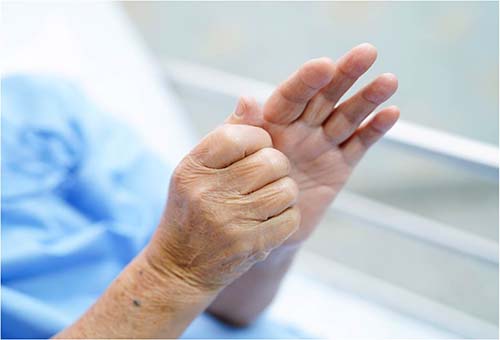
Shaking and Contractions
Symptoms are often caused by the degeneration of the Substantia Nigra located in the midbrain. It is the center of the nerve cells that produces Dopamine which acts as a neurotransmitter that helps with the transmission of nerve impulses. These impulse transmissions allows one to move limb muscles quickly as desired.
However, for a patient with Parkinson’s, the Dopamine in the brain is not enough to take the nerve impulses to other muscles. Therefore, patients cannot move their body as freely as desired and in turn result to the symptoms mentioned above.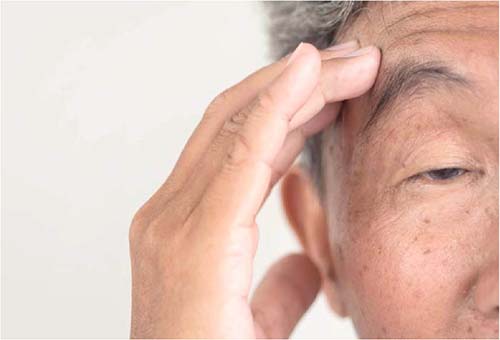
Below are some possible causes for Substantia Nigra degeneration:
-
Hereditary factors, for example having a direct family member suffering from Parkinson’s.
-
The accumulation of toxins and chemicals such as insecticides, food preservatives and heavy metal toxins in the body.
-
Degeneration of blood vessels that reduce the blood circulation rate to the brain.
-
Types of food and consumption. Studies found that flour, sugar, desserts and fried food can increase the inflammation process in the nervous system.
-
Imbalance of microorganisms in the digestive tract. Current studies show that, the microorganisms in the digestive tract are related with the synthesis of neurotransmitters, immune system and genetic control.
-
Defective autophagy, which causes the accumulation of protein sludge in the brain increases the rate of brain degeneration.
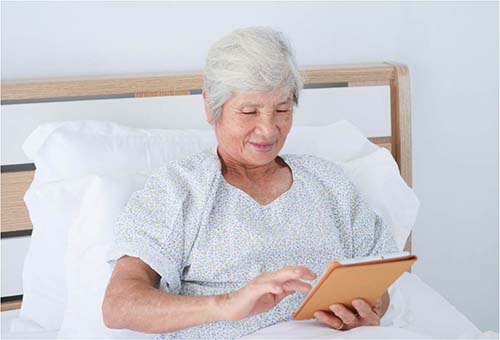
What is the shaking like? How do we know if we have Parkinson’s?
The diagnosis of Parkinson’s uses the principal of symptoms, which mainly comes from asking for information and examining the body together with blood testing or CT scan or MRI.
Brain function test called Functional MRI or F-Dopa Pet Scan can also be done to measure any abnormality in the Dopamine level in the brain of any patient suspected of Parkinson’s.
The conventional treatment protocol in managing Parkinson’s uses medication that can reduce the destruction of Dopamine in the brain. Studies have found that the use of medication for the treatment provides good results and improve movements. But, do not forget that degeneration of the brain is not corrected and in due time may gradually increase. Therefore in the long run, the dosage must also be gradually increased until the body has complications like psychiatric symptoms, hallucination, depression or obsessive compulsive.
In terms of technology, brain stimulation surgery for instance are available to help maintain the level of Dopamine in the brain. This procedure may increase the secretion of Dopamine, at the same time continuous drug management techniques through the skin or the intestine might also help to reduce side effects. However, the treatments mentioned does not actually fix the cause but instead they only withhold or slow down the degeneration that might occur inside the brain.
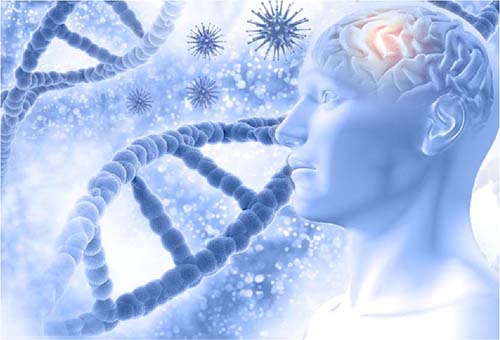
Bringing new hope through Integrative Medicine
The treatment protocols below enables more control of all factors that can assist in reducing the rate of brain degeneration:
-
Therapy by detoxifying heavy metal toxins from the body to reduce the accumulation of toxins such as lead, manganese or excessive iron that can increasingly destroy the Substantia Nigra.
-
Intermittent Fasting is a natural technique. By reducing the consumption during dinner and changing to drinking freshly squeezed vegetable juice can stimulate the genes in the body to increase the function of the autophagy mechanism.
-
Immune therapy can adjust the balance of immunity and control the inflammation process in the body. This therapy can slow down the degeneration of the central nervous system.
-
The use of nutrient therapy helps to adjust the balance of neurotransmitters and reduce the rate of brain cell degeneration. Some examples are as follows:
- vitamins
- minerals
- essential fatty acids
- antioxidants like Coenzyme Q10, Alpha Lipoic Acid, ginseng and cordycep extract
- green tea leaf extract such as EGCG
-
Infrared laser therapy helps stimulate the brain cell by using low level laser. It was found that infrared can stimulate cytochrome C enzyme of Mitochondria of the nerve cell, which can in turn can reduce the rate of cell degeneration.
-
The use of Biomolecule therapy such as Cerebrolysin or CPT/FCT is considered to be a highly recommended alternative treatment option. Studies show that this form of therapy tends to provide good results in increasing degenerative brain cell repair for diseases like Parkinson’s or Alzheimer’s.
The presence of Integrative treatment options has brought plenty of hope to sufferers new or old. As innovation evolves, new treatment opportunities are giving everyone a chance to have a better quality of life.


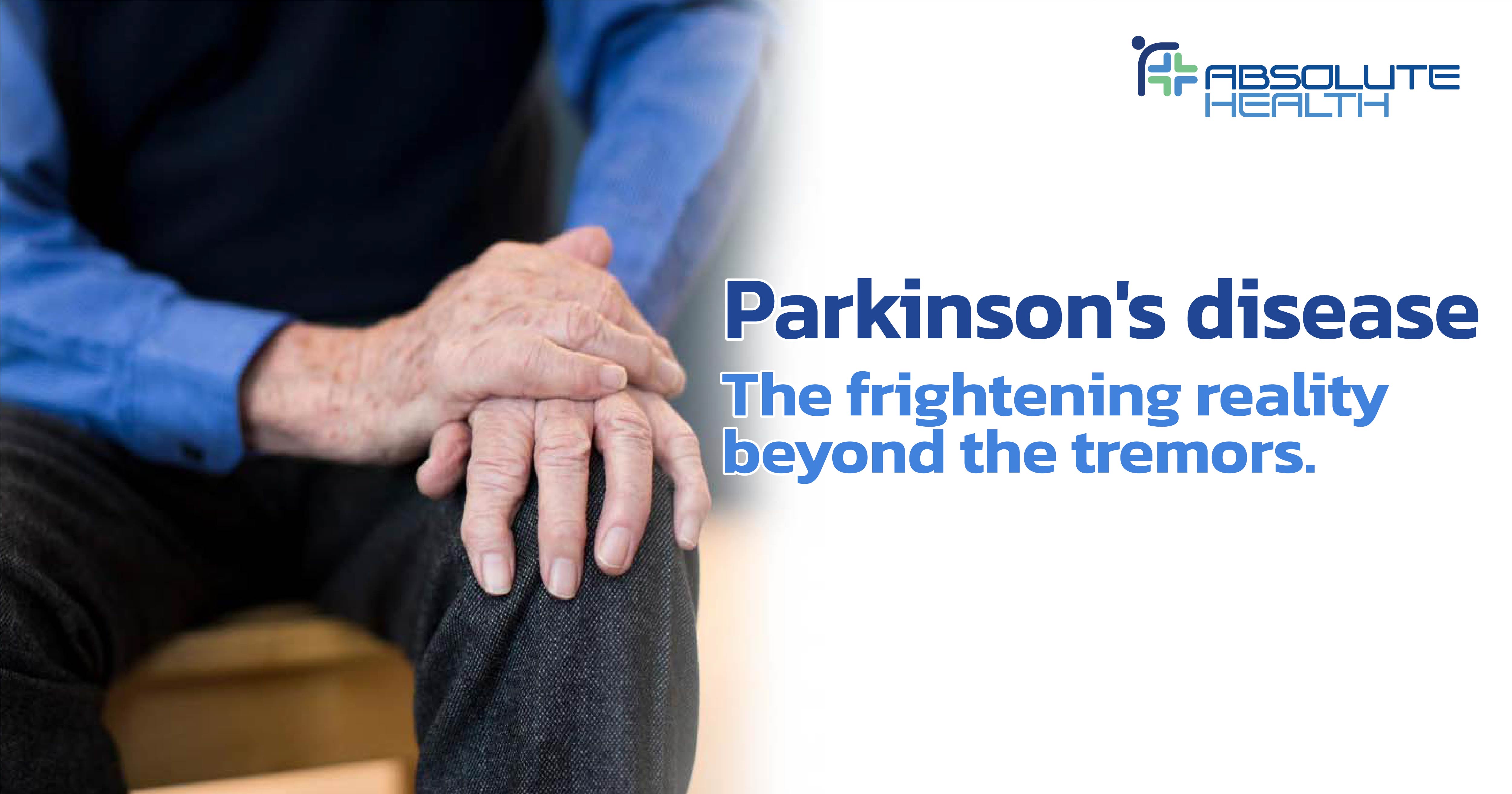


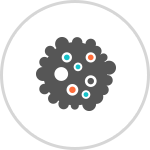

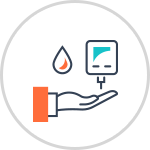
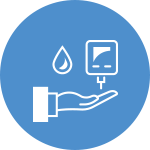
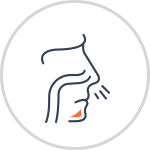



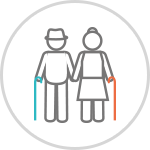

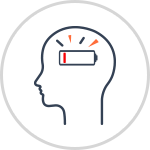

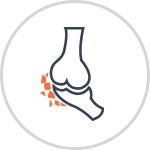
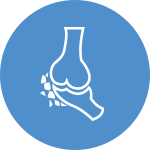


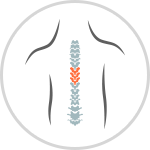

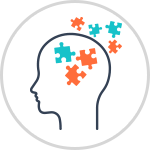

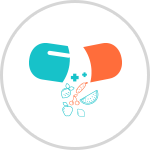


Sign In
Create New Account